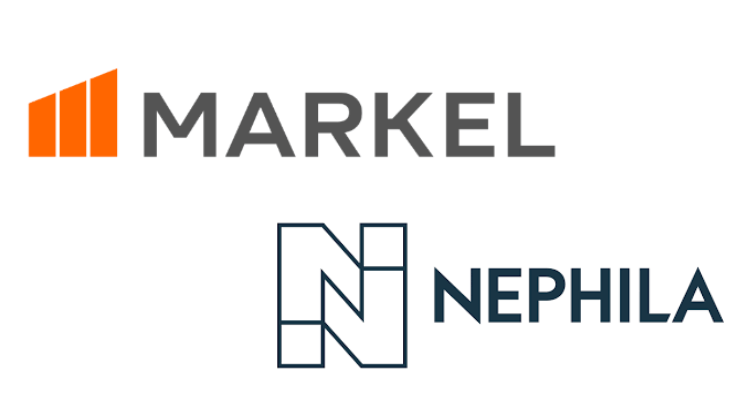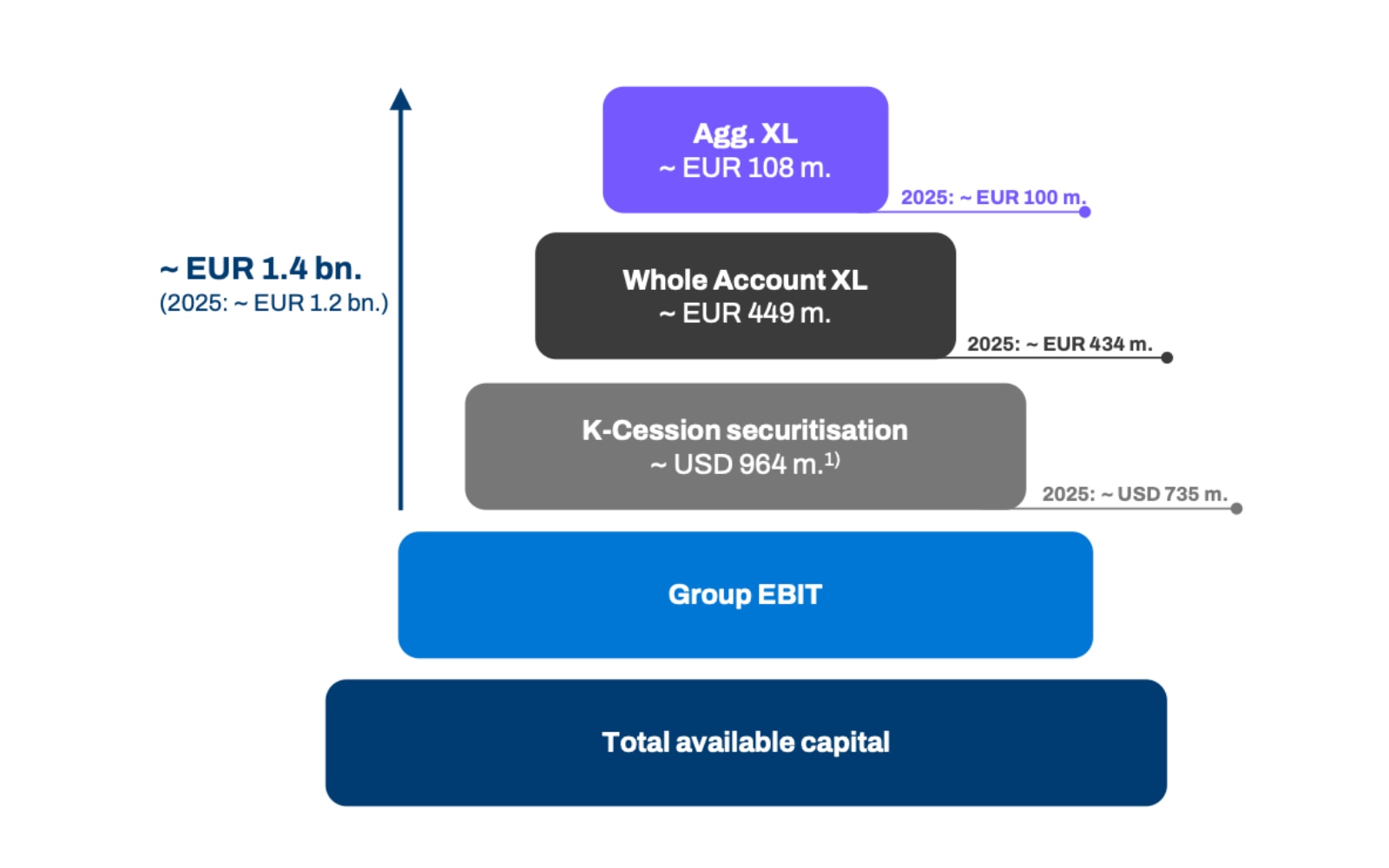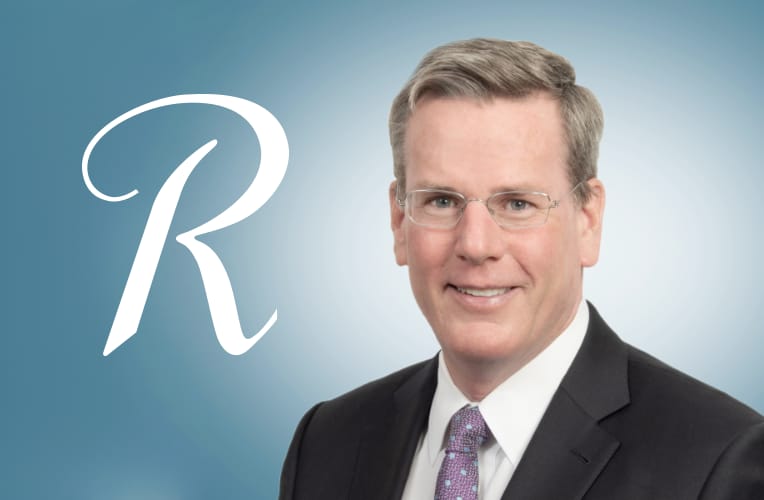
QUESTION: Does the regulator, the Financial Services Commission, play a role in approving premium increases for motor vehicle insurance? If they do not oversee the process, is there any way to guarantee that prices are being set fairly? − [email protected] INSURANCE HELPLINE: Today’s questions are from last week’s article: ‘Shop around ….If you want to save money on motor insurance.’ They were raised in the context of Insurance Association of Jamaica president Peter Levy December 3, 2019 statement.In it, he forecast premium increases for this year.
This was because of reported losses of over $500 million during the first half of 2019.A rise in the frequency and cost of accidents was blamed.One reader challenged him to provide more data to support his argument.
Was the Financial Services Commission, FSC, involved in the rate-making process as happens in other countries? Mr Levy replied to part of the reader’s comments last week.Today’s article will discuss Mr Levy’s and my opinions about the second part.The FSC does not supervise the process.
It is under the exclusive control of insurance company managers.Why? Policymakers (a.k.a.politicians) and their advisers (senior civil servants) will say that insurers, like other businesses, operate in a market economy.
Premiums are set by the actions of the market.They are market-determined – much in the same way that the rate of exchange between the local currency and the US dollar are set.The regulator of the electricity and water utilities, the Office of Utilities Regulation, is different from the FSC.
The utility providers are monopolies, and, therefore, the State must intervene to protect consumers.This explanation falls flat when one examines how insurance rates are set in the Mecca of free-market capitalism.According to The Balance Small Business website, with reference to the United States: “All states regulate the rates used in some types of insurance … regulation varies widely from state to state.
Some states exert very tight control while others impose very little.Most states fall somewhere in the middle … there are several reasons why states regulate insurance rates.“One is to ensure that rates aren’t excessive.
In the absence of regulation, insurers might charge rates that are too high and that generate too much profit.A second purpose is … to ensure that rates aren’t too low.An insurer that charges excessively low rates might sell many policies but lack the funds to pay claims.
Rates must be adequate so that insurers remain solvent.” Presumably, US policymakers believe that given the nature of the insurance business, it is unwise to allow insurance company managers to set premiums without some regulatory oversight.Mr Levy is also the head of a major insurance company.His opinion should be analysed in the context of the two hats that he wears and the preceding comments about insurance rate-making in the US.
He wrote: “The issue of requiring approval for insurance rates is an interesting one.It exists in other jurisdictions.Whether it makes the market more efficient, to the benefit of consumers, is a complicated question.
The consequences of that type of market interference are very hard to predict.” He does not develop that point but then moves to change the subject.“I think it would interest you and your readers to know that when my company’s inflation-adjusted rates for private cars are examined over the past 10 years, today’s premiums are 27 per cent cheaper than they were in 2010.That is a function of the competitiveness of a market with nine suppliers jockeying for business in an economy with little growth.” The following is an extract from an article that I wrote in 2012 in the Fair Trade Commission’s magazine in 2012.
“Competition in the local insurance market varies from product to product.The inability of individual buyers to understand and compare the various terms and conditions in insurance contracts is a major obstacle to competition.Brokers, who reportedly control about 40 to 50 per cent of the market, have tended to focus on selling activities as opposed to performing advisory and support functions.
“As a result, there are no requirements, for example, that insurance contracts should be written in clear and simple language that the average person would understand.Under the circumstances, competition between insurers for the average individual insurance buyer will not be as effective as it should be, and this will continue to lead to nasty surprises when insured events occur.Insurance contracts, after all, are expected to provide a degree of certainty in the face of risks.” Put more simply: in the long run, the efficacy of insurance is as important as the price.
Mr Levy ended his response to the reader’s question with a plea: “One of the things that the motor insurance industry would very much like to see happen in 2020 is that the Government provides us with access to a reliable traffic-ticketing database.This will allow us to identify repeat offenders and charge premiums based on a driver’s actual behaviour.This will create much more explicit incentives for good driving, offer disincentives for carelessness, and benefit society”.
This sounds like a very good idea.I have decided to include his message because I believe that if implemented, it has the potential to help ensure that drivers of public passenger vehicles, especially, are charged higher premiums for insuring their vehicles when they commit traffic violations in addition to paying hefty fines.Transport Minister Montague, your move.
Cedric E.Stephens provides independent information and advice about the management of risks and insurance.For free information or counsel, write to: [email protected]
Publisher: E-Insurance News








